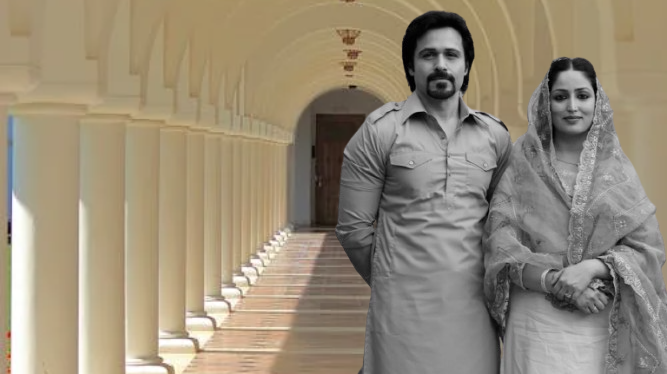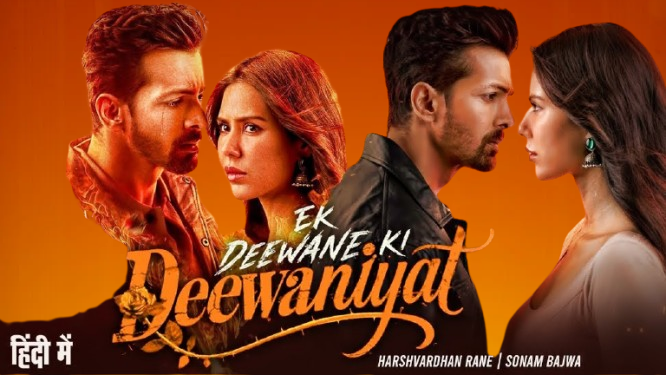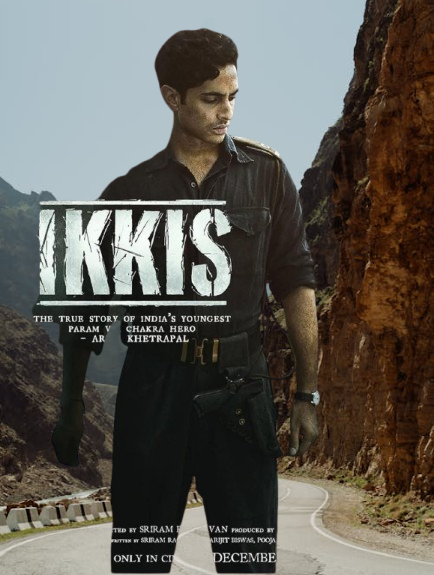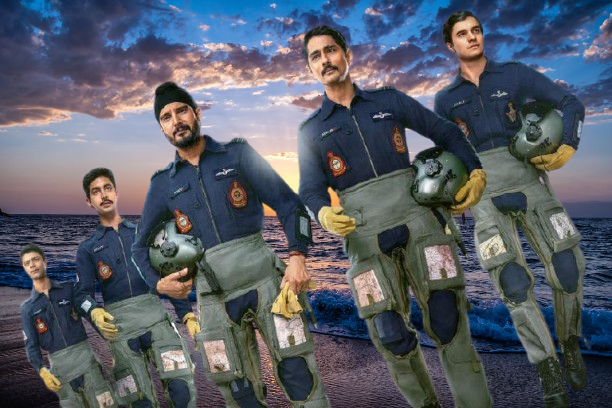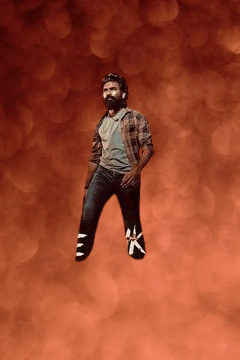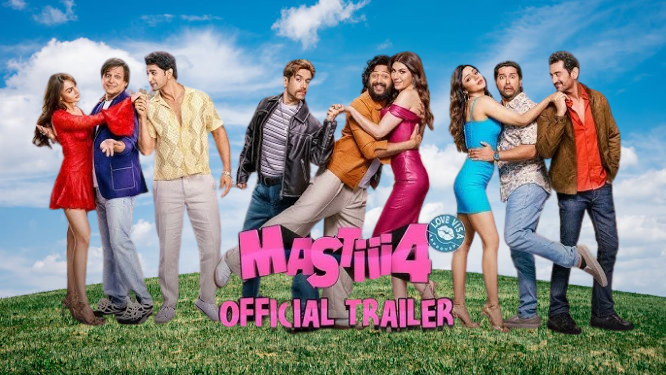The Taj Story Movie 2025 Movierulz Review Details
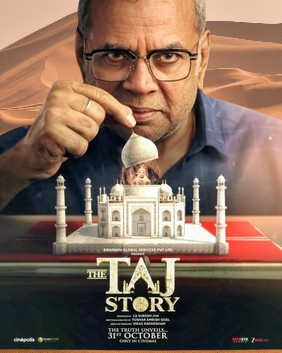
The Taj Story 2025 Review: A Deep Dive
Quick take
I’ve covered 500+ films in my career, and The Taj Story is the kind of movie that forces conversation — even if you disagree with its premise. It’s bold, polemical, and anchored by Paresh Rawal’s intense turn.
| Star Rating (Critic Average) | 2 / 5 |
|---|---|
| My Personal Rating | 2.25 / 5 |
Disclaimer: Ratings are my take and may shift with rewatch—your mileage varies.
Cast & Crew
| Role | Name |
|---|---|
| Vishnu Das | Paresh Rawal |
| Journalist | Amruta Khanvilkar |
| State Lawyer | Zakir Hussain |
| Director | Tushar Amrish Goel |
| Writer | Saurabh M. Pandey |
| Music | Rohit Sharma, Rahul Dev Nath |
Storyline Breakdown
Set in contemporary Agra, the film follows Vishnu Das, a tourist guide whose lifelong storytelling about the Taj collapses after a probing question. Ostracised, he files a Public Interest Litigation that drags private guilt into public spectacle.
- Inciting incident: Journalist challenges Vishnu’s tales.
- Middle: Courtroom drama escalates the debate into ideology.
- Climax: Evidence, confession, and a polarized public reaction.
Insight: The courtroom becomes a battleground between memory and history.
Takeaway: If you want debate, this script delivers; if you want nuance, it sometimes falls short.
Character Arc Analysis
| Character | Arc |
|---|---|
| Vishnu Das | Guide → Confessor → Litigant; gains moral clarity but loses social standing. |
| Journalist | Skeptic → Catalyst; provides the question that fractures the status quo. |
| State Lawyer | Institutional defender; stands for established narrative. |
Paresh Rawal’s performance sells the internal conflict. He brings gravity and occasional vulnerability, which is why the film’s early beats feel real and human.
Screenplay Quality & Dialogue
The script borrows from polemical sources and leans on didactic courtroom speeches. Early scenes are intimate and textured; later courtroom pages grow repetitive.
- Strength: Emotional anchoring in personal memory.
- Weakness: Heavy-handed exposition and repetitive rhetoric.
Insight: The film aims to unsettle accepted narratives.
Takeaway: Bold thesis, uneven execution — dialogue often signals agenda over discovery.
Genre Benchmarks (Courtroom Drama Comparison)
| Film | Emotional Core | Pacing |
|---|---|---|
| The Taj Story | Personal guilt vs public belief | Slow, courtroom-heavy |
| Classic Courtroom Drama | Clear moral dilemma | Tighter, more cinematic |
Compared to the best in the genre, this film’s pacing sags in its second half. It’s more talk than cinematic movement, which will divide viewers who expect courtroom fireworks.
Performances
Paresh Rawal is the film’s backbone — fearless and layered. Zakir Hussain provides a reliable counterweight. Amruta Khanvilkar’s journalist is well-placed as the moral fulcrum.
- Standout: Paresh — elevates thin material.
- Supporting cast: Steady, credible work across the board.
Visuals & Production
The Agra settings feel lived-in; production design adds texture. The camera largely stays functional, prioritising the courtroom’s claustrophobia over visual spectacle.
Insight: Authentic locations lend credibility.
Takeaway: If you’re after glossy visuals, look elsewhere; if you want realism, this nails it.
Music & Sound
| Track | Composer | Notes |
|---|---|---|
| Dham Dhadak | Rahul Dev Nath | Melodic, earthy; Kailash Kher’s voice adds weight. |
| Bawara Mann | Rohit Sharma | Soulful ballad that underscores emotional beats. |
The soundtrack is short but effective — two tracks that amplify mood rather than distract from the narrative.
Box Office & Public Reaction
| Box Office (India) | |
|---|---|
| Critical Reception | Mixed to negative (1.5–2.5 / 5 typical) |
| Audience Sentiment | Polarised due to ideological themes |
The film’s controversial premise guarantees discussion; whether that leads to sustained box office legs depends on how audiences respond to its tone and rhetoric.
Final Verdict
The Taj Story is a provocative film that often feels more argumentative than exploratory. Its strengths are Paresh Rawal’s committed performance and authentic production textures. Its weaknesses are repetitive courtroom monologues and a polemical tilt that undercuts nuance.
My take: Watch for the performance and the conversation it sparks, but go in expecting a film that chooses provocation over subtlety.
FAQs
Question 1 Is The Taj Story historically accurate?
Answer 1 The film intentionally blends fact and contested claims; it echoes controversial theories and is not a straightforward historical record.
Question 2 Should I watch it for Paresh Rawal’s performance?
Answer 2 Yes — his portrayal is the film’s main anchor and worth seeing on its own.
Question 3 Is the film suitable for family viewing?
Answer 3 The film’s themes are polarising and may provoke heated discussion; viewer discretion is advised.
Closing note
As a reviewer who’s tracked Indian cinema for over a decade, I appreciate attempts to challenge narratives. The Taj Story tries to do that but often substitutes provocation for insight. Still — it’s a film you’ll talk about after the credits, and sometimes that’s cinema’s point.



